
Cut the Waste & Emissions, Not the Flavor: Tech-Driven Solutions for Hotels & Restaurants
The hospitality sector faces rising pressure to address food waste and carbon emissions, but technology offers a smarter way forward. From AI tools that forecast diner demand to blockchain systems ensuring supply chain transparency, hotels and restaurants are adopting innovative solutions to create more sustainable dining operations. Learn how these cutting-edge technologies, paired with actionable strategies, are helping businesses reduce waste, cut costs, and appeal to eco-conscious diners while honoring regional dining traditions.

Plastic-Free Hospitality: What You Need To Know About Eco-friendly Packaging
The hospitality industry in Asia contributes significantly to packaging waste, particularly plastic waste. Today, hotels still rely heavily on single-use plastics for toiletries, takeaway containers, and in-room amenities.
According to the United Nations Environment Programme (UNEP), the tourism sector in Asia generates over 4.7 million metric tons of plastic waste annually, much of which unfortunately ends up in landfills or waterways.
Without intervention, plastic pollution is projected to triple by 2040 worldwide, according to Pew Charitable Trusts.
The shift toward reusable, compostable, or biodegradable packaging is crucial, yet many hotels struggle with adoption.

Closing the Loop on Hotel Waste with Creative Solutions
The hospitality industry faces a critical waste challenge, but innovative solutions are reshaping its future. From upcycling discarded linens to crafting ocean trash tote bags, this article highlights creative initiatives that transform waste into opportunity.

Lead the Fight Against Climate Disinformation in 5 Strategic Steps
Greenwashing has become pervasive in many industries with direct environmental impacts, such as energy, construction, travel, and hospitality.
The United Nations Environment Programme (UNEP) warns that greenwashing undermines the credibility of legitimate sustainability efforts, erodes public trust, and slows down meaningful progress.
There are two kinds of greenwashing: deliberate and unintentional.
Research indicates that approximately 25% of tweets refuting the science behind climate change are generated by automated accounts (bots). This act of disinformation, which means deliberately disseminating false or misleading information to manipulate, mislead, or create confusion, presents a pressing challenge for sustainability professionals: how can their team communicate genuine sustainability efforts without getting drowned out by misleading claims and PR spin?
At the same time, in tourism and hospitality, many brands contribute to misinformation because of misunderstandings, lack of research, or reliance on inaccurate sources.
This unintentional act stems from the pressure to appear sustainable in a competitive market, leading companies to overstate their environmental commitments, rely on ambiguous language like “carbon-neutral stays” without a robust verification, use flawed carbon offset programs, or misinterpret complex sustainability metrics. While well-intended, the misleading claims erode consumer trust and slow genuine progress.
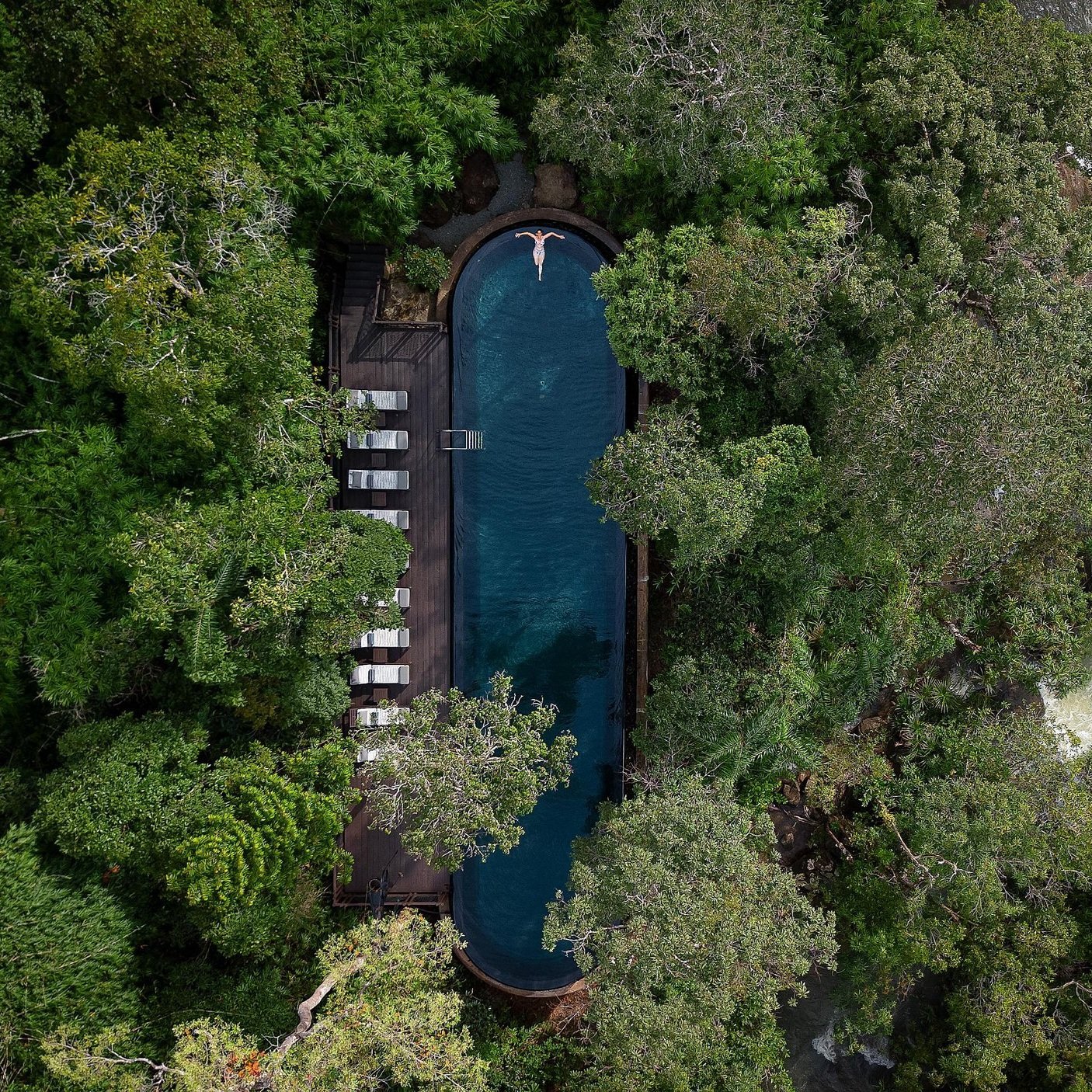
Sustainability Certifications: Green Stamp or Greenwash? APAC Travel Leaders Weigh In
As part of Asia Sustainable Travel (AST)'s ongoing commitment to better support the hotel and travel industry, we conducted a survey to understand how APAC hospitality and travel professionals perceived and evaluated sustainability certifications, such as B Corp, Positive Luxury, and those accredited by Global Sustainable Tourism Council (GSTC).
This report synthesizes key findings from the survey and provides targeted recommendations to enhance the effectiveness of sustainability certification schemes.
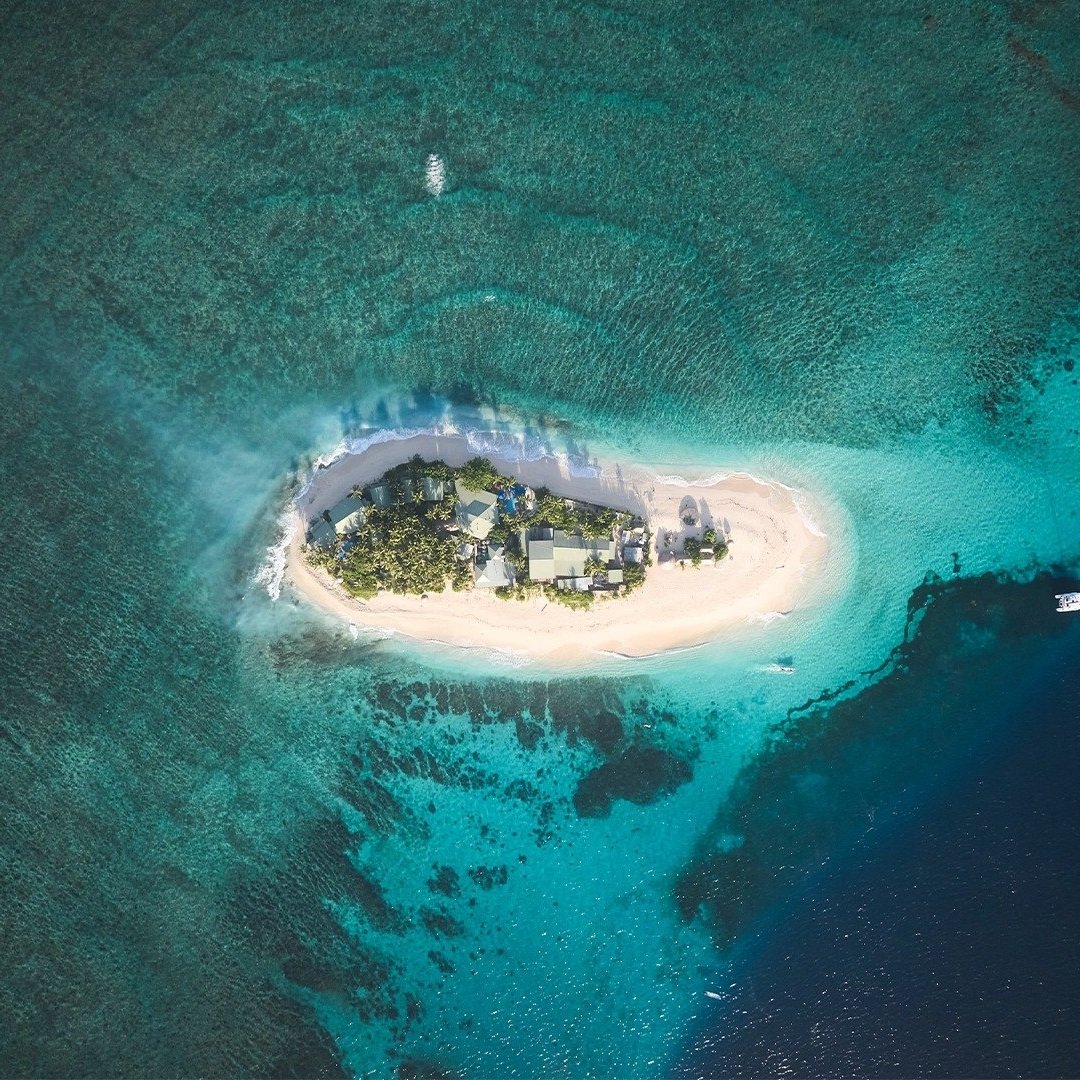
Fiji’s Sustainable Tourism Playbook: Lessons for Island Destinations
Fiji is setting the standard for sustainable tourism practices, blending economic growth with cultural and environmental preservation. This article explores the island nation's strategies, from empowering Indigenous communities to leading with data-driven tourism insights. Discover how initiatives like the National Sustainable Tourism Framework and programs like Loloma Hour are creating inclusive, sustainable models that hospitality and travel professionals in Asia can adapt to their own destinations.
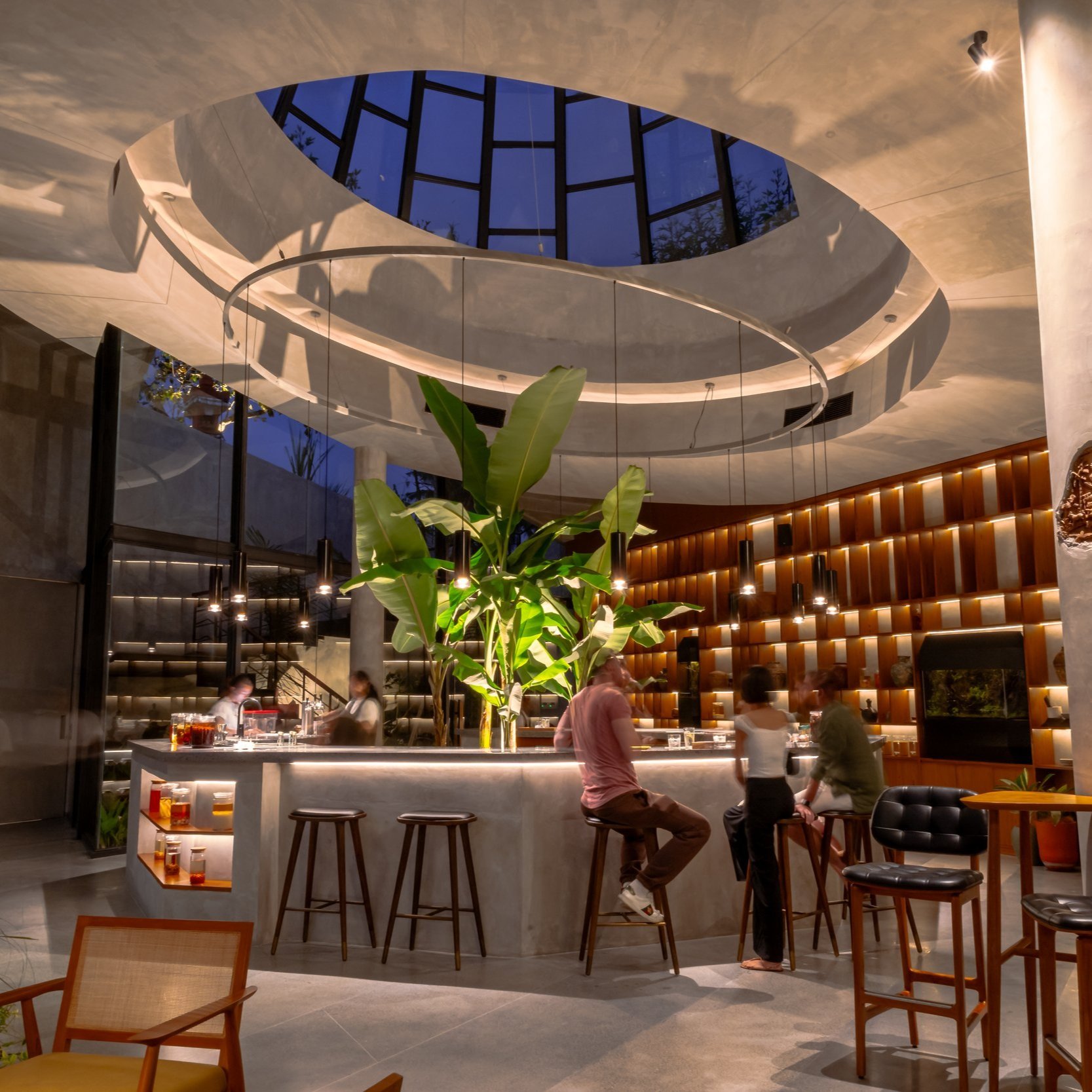
Hyperlocal and Heritage-Driven: How These Bali Restaurants Redefine Sustainability
In the dynamic hospitality landscape of Southeast Asia and the Asia-Pacific region, a few trailblazing establishments are redefining sustainability, community engagement, and innovation. Locavore NXT, Begawan Biji, and John Hardy The Long Table in Bali serve as exemplary case studies, demonstrating how fine dining and luxury experiences can harmoniously align with environmental stewardship and cultural preservation. These businesses provide valuable insights for restaurants striving to place sustainability at the heart of their business.
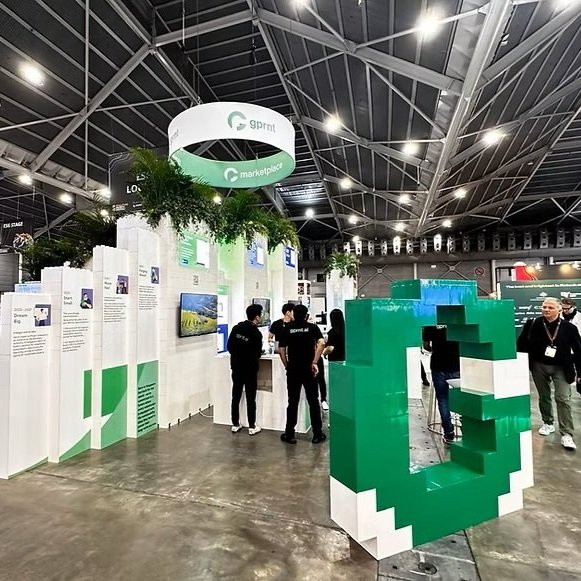
Partnering with Sustainable Event Specialists: A Guide for Hospitality and Travel Professionals
Sustainability in Meetings, Incentives, Conferences, and Exhibitions (MICE) goes beyond reducing plastic waste or ticking compliance boxes. True sustainability integrates actions that benefit the environment, empower local communities, and invigorate economies. Finding partners who share these values is a key part of the process.
This guide provides useful strategies, actionable advice, and insights from industry leaders to help MICE professionals build impactful partnerships.
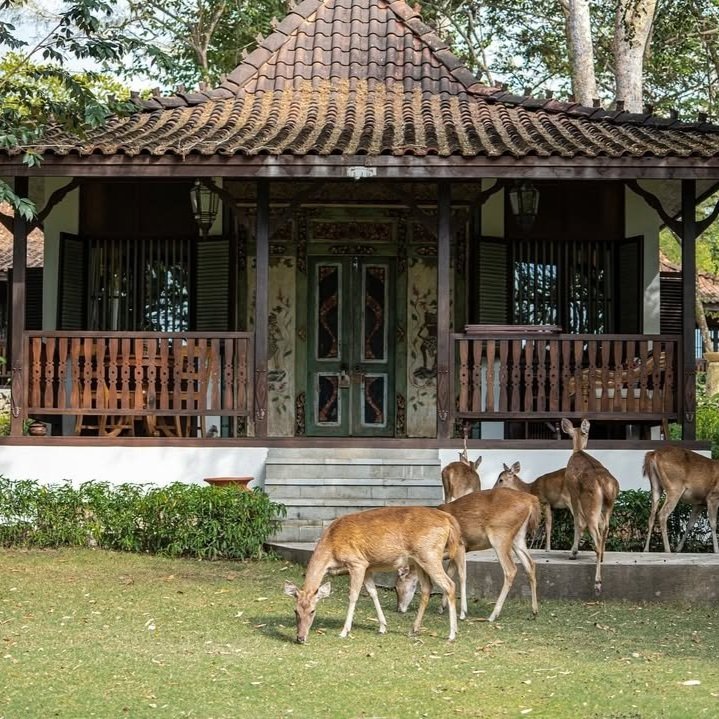
Bali’s Winning Formula: Sustainability Meets Sophistication
Bali is long celebrated for its natural beauty and cultural heritage. As one of Asia’s earliest international travel destinations, the island has a hospitality ecosystem that is as resilient as it is creative, constantly setting benchmarks for the region.
While busy and crowded as it appears in certain parts of the island, many brands in Bali have demonstrated an ability to combine sustainability with profitability, crafting ventures that captivate global travelers while offering invaluable lessons for industry professionals.
Previously, we explored the innovative practices of trailblazers like Desa Potato Head and Fivelement, Bambu Indah and Alila Uluwatu — brands that have not only minimized environmental impact but also created unique product offerings by integrating sustainability into their core strategies.
From reducing plastic waste to preserving biodiversity and cultural heritage, they show what it means to be a responsible business in the tourism sector.
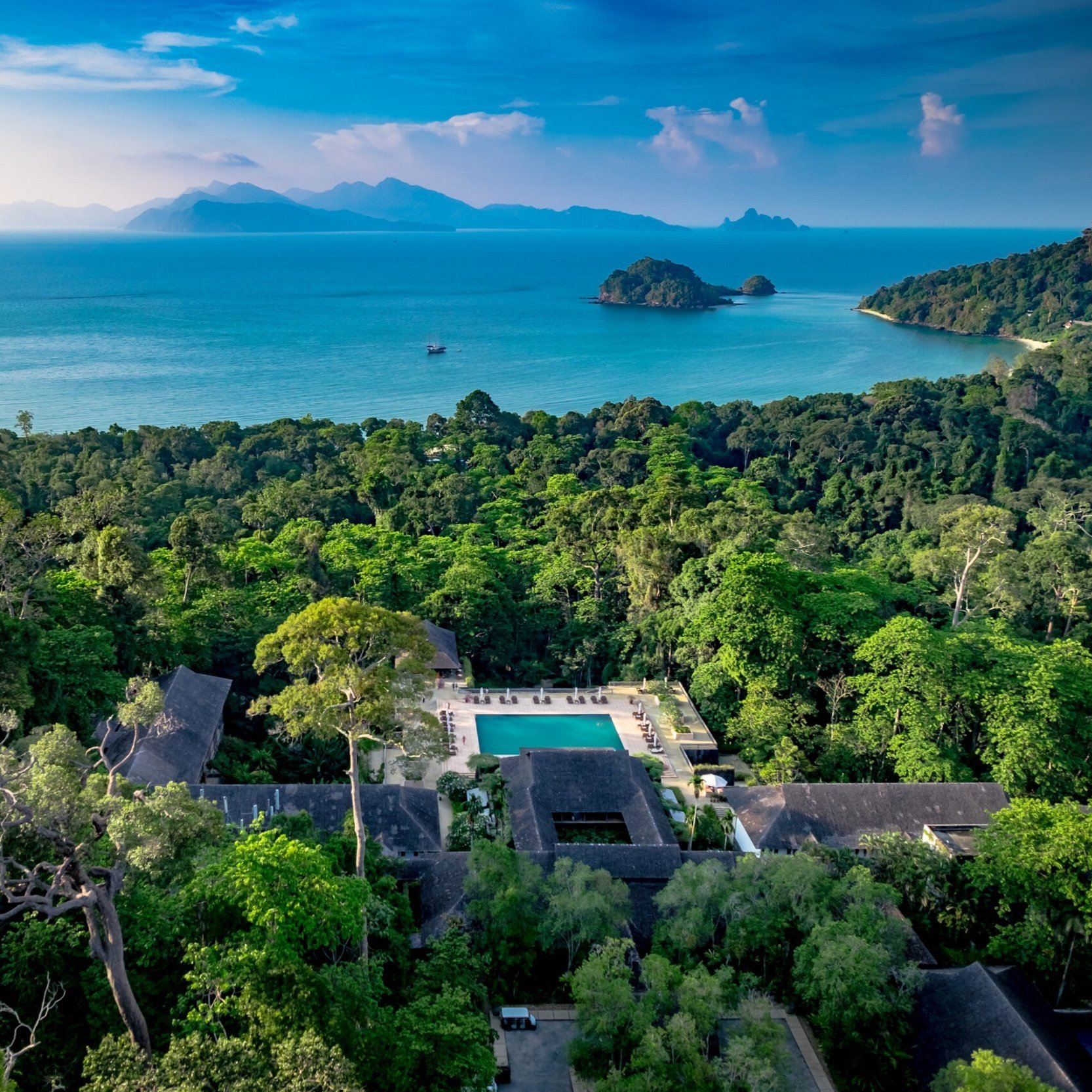
How Can Asia’s Tourism Adapt to Climate Change? Six New Year’s Resolutions for Your 2025 Climate Action Plan
Climate action thrives when everyone plays a part as it’s more powerful and lasting than depending on a handful of highly dedicated individuals and companies. If 100 people each give 10%, sustainability becomes part of everyday life, it will spark bigger change and strengthen our collective resilience. When more people get involved, it pushes cultural and policy shifts forward while preventing burnout and keeping momentum going.
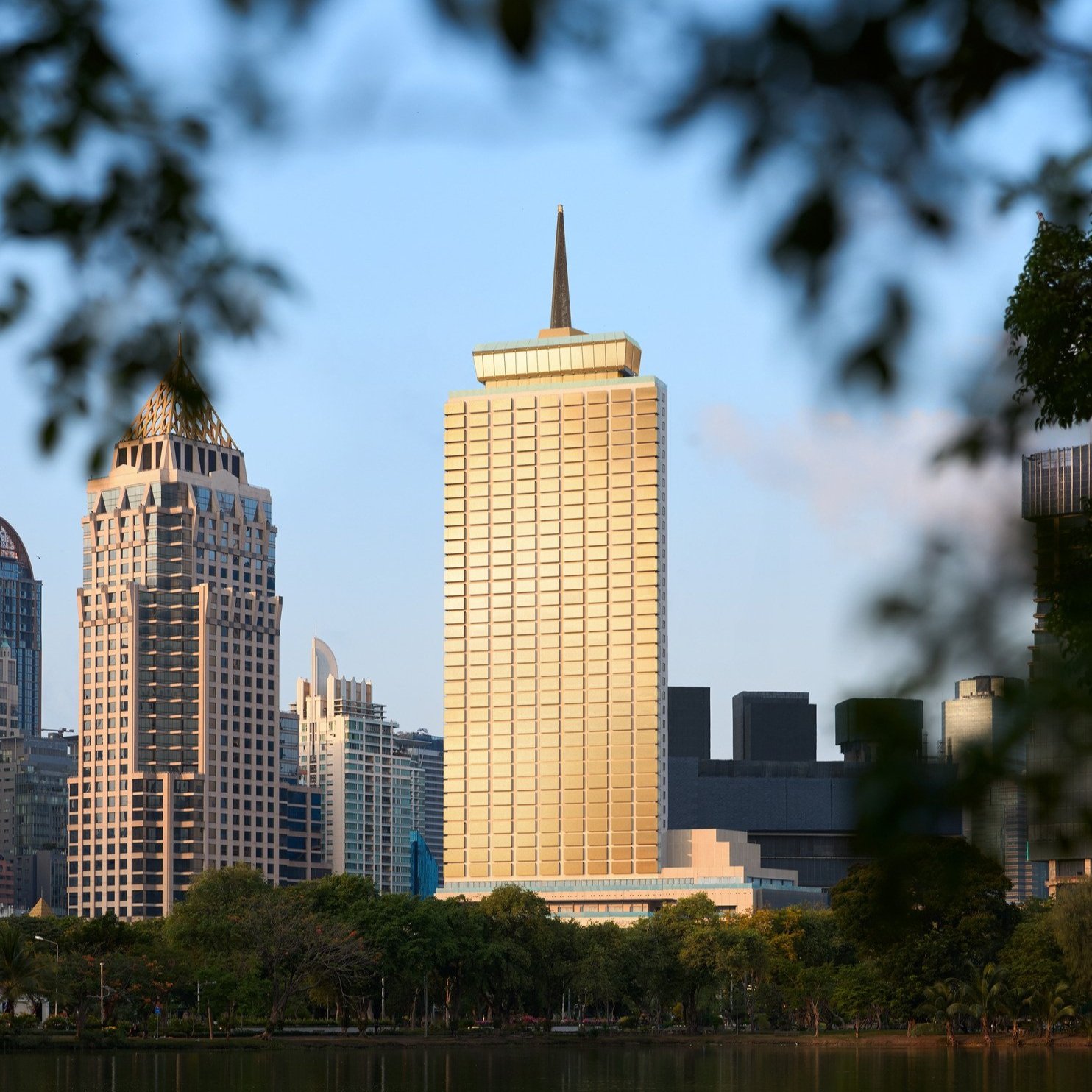
Can Thai Hospitality Lead the Sustainability Wave Across Asia and Beyond?
Thailand’s hospitality industry has long been celebrated for its signature warmth and unparalleled charm. Today, however, it stands on the cusp of an even greater transformation — moving beyond traditional service benchmarks to embrace and excel in the rapidly evolving sustainability movement.
This shift is not merely about adaptation but about leading the way in redefining what responsible hospitality can achieve on a global scale.
The momentum is driven by an ideal environment: increasing consumer demand for environmentally conscious travel, cutting-edge eco-technologies, and a growing recognition that sustainability is no longer optional but essential.
Thai hospitality groups are leveraging this trifecta to redefine their roles—not just as service providers but as stewards of the environment and communities they call home.
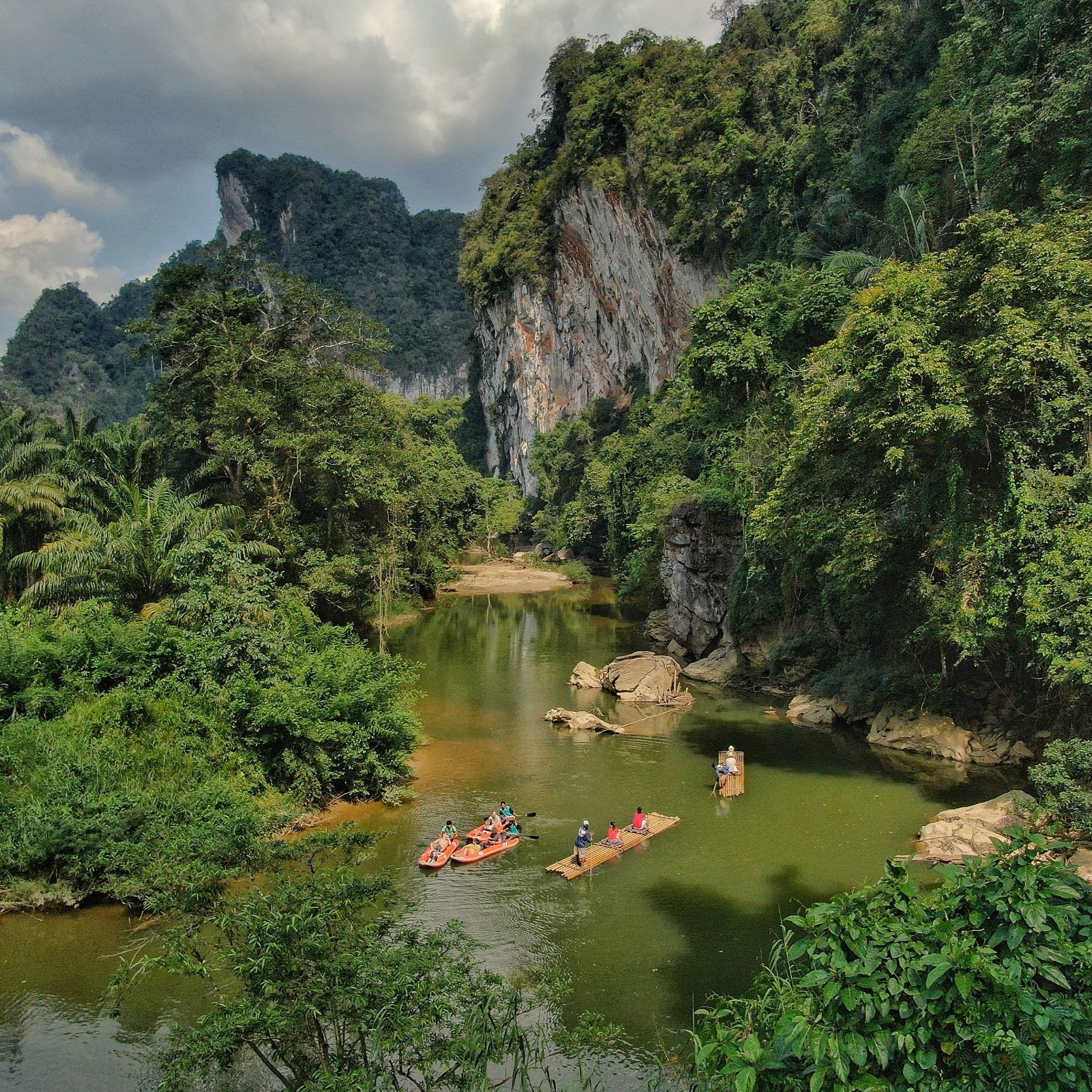
A Thailand Blueprint for Responsible Travel Service Providers
In 2023, Thailand welcomed over 28 million international arrivals, solidifying its status as a favorite destination for international travelers. Thailand’s travel service provider landscape is as diverse as its visitors, ranging from internationally renowned companies like Intrepid to small, independent operators catering to everyday travelers to niche traveler segments.
While nearly all operators share a unified vision of showcasing Thailand’s beauty to the world, only a select few approach this mission through a sustainability-focused lens. Even fewer achieve commercial success while adhering to the triple bottom line—balancing people, planet, and profit as their guiding principle.
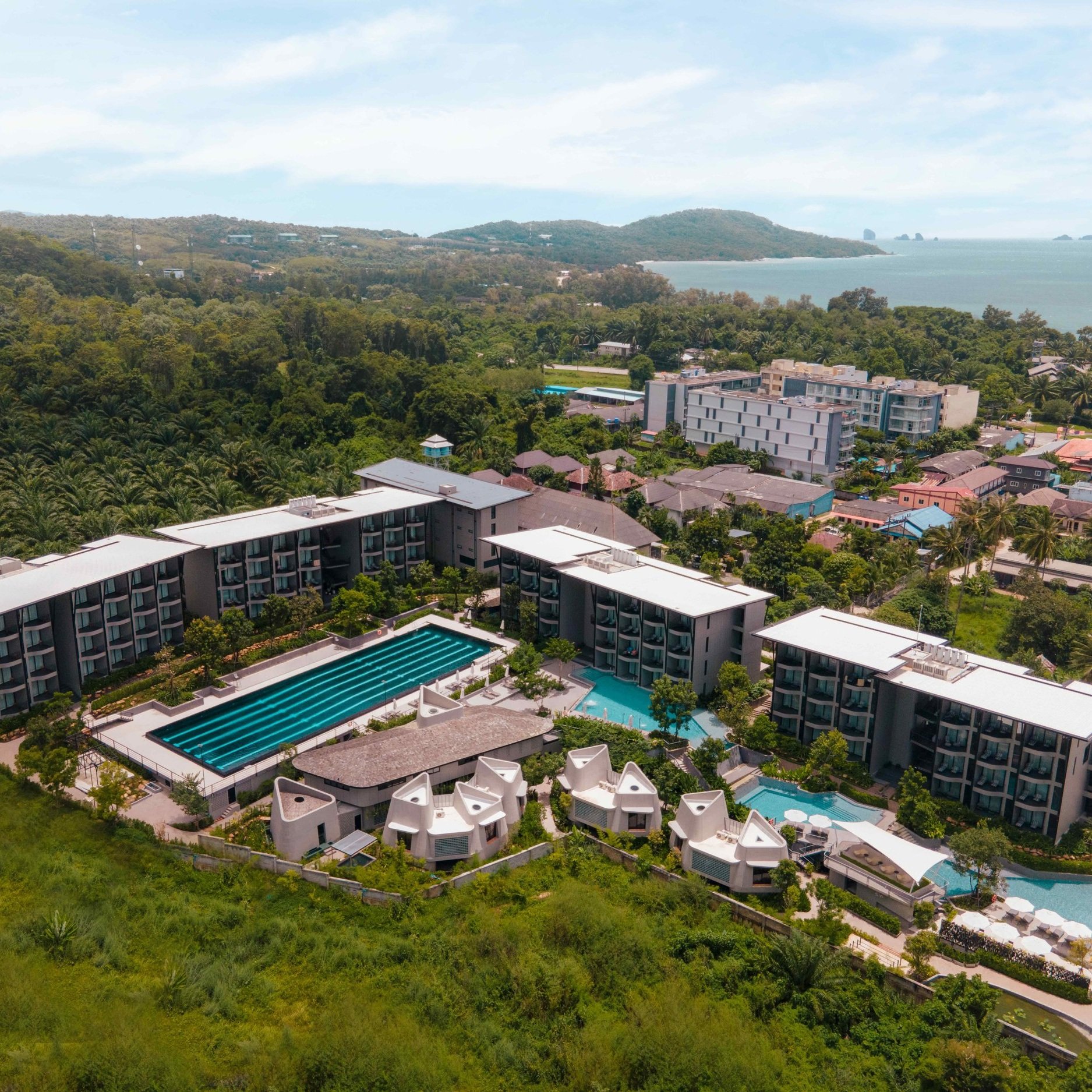
Inside Tourism Cares’ Meaningful Travel Map: Success Secrets from Thailand’s Hospitality Leaders
The Tourism Authority of Thailand, in partnership with the U.S.-based NGO Tourism Cares, has taken steps to make purpose-driven tourism in Thailand more searchable and accessible to travelers and travel advisors alike.
They introduced 15 Thai Impact Partners to the Meaningful Travel map — a curated collection of businesses that meet stringent sustainability and social responsibility standards.
The Asia Sustainable Travel team visited Krabi to meet with the founders of two Meaningful Travel properties, Varana and Anana. The two visionary hoteliers shared insights into their motivations, their approach to blending purpose with profitability, and their vision for a more sustainable future in Asia’s travel industry.

Generative AI in Marketing: How Can Hotels Leverage It Without Losing the Human Touch
Artificial intelligence, particularly generative AI, has advanced significantly in recent years. Gone are the days when AI was only associated with robots and science fiction. Nowadays, businesses across various industries are using AI to improve their processes and enhance customer experience.
One area where AI is making a significant impact is marketing. Businesses are persistently seeking innovative methods to differentiate themselves and engage with their customers in more meaningful ways. And generative AI is helping them achieve just that, enabling a level of personalization that was once unimaginable.
The key challenge, however, lies in blending these advanced capabilities with the genuine human touch, which is what truly defines hospitality.

From Confusion to Clarity: Avoid Greenwashing and Turn Sustainable Travel Intentions into Action
Reports after reports show that travelers increasingly want sustainable travel options. Yet they are confused by the information they see on social media, causing them not to take the actions they should.
Kantar's 2022 Sustainability Sector Index reveals a striking contradiction in the Asia Pacific region. Despite 98% of consumers expressing readiness for a more sustainable lifestyle, only 17% actively change their behavior to align with it.
Additionally, a significant 58% struggle to differentiate between environmentally friendly products and those that are not.
The report highlights this intention-action gap arises from lack of information, transparency, and concerns about higher costs.
In our view, travel marketers and hoteliers have a powerful opportunity: not only align their business goals with responsible operation but also promote their business authentically.
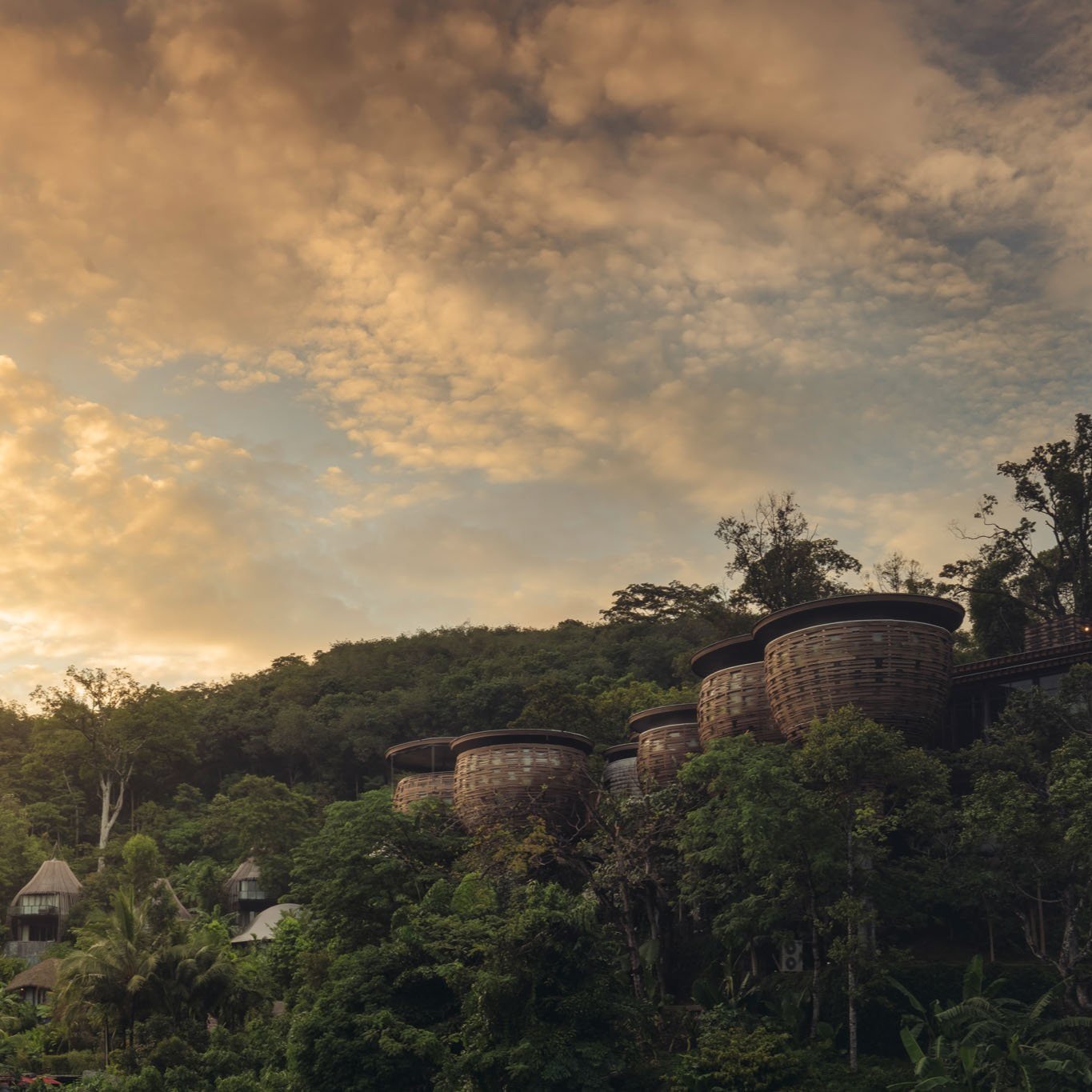
Should Hotels Collaborate with OTAs or Move Away from Them?
With the rise of Online Travel Agencies (OTAs), hotels are enjoying increased bookings and exposure. However, high commission fees and limited control over pricing present significant challenges.
OTAs offer benefits such as increased visibility and advanced marketing tools. However, the costs can be steep, impacting profit margins. Additionally, the increase in mass tourism can dilute brand uniqueness and strain local environments.
But here's the million-dollar question—should hotels continue to partner with OTAs, or should they focus on direct bookings and sustainable practices?
This article dives deep into strategies that align with sustainability while maximizing revenue potential.

